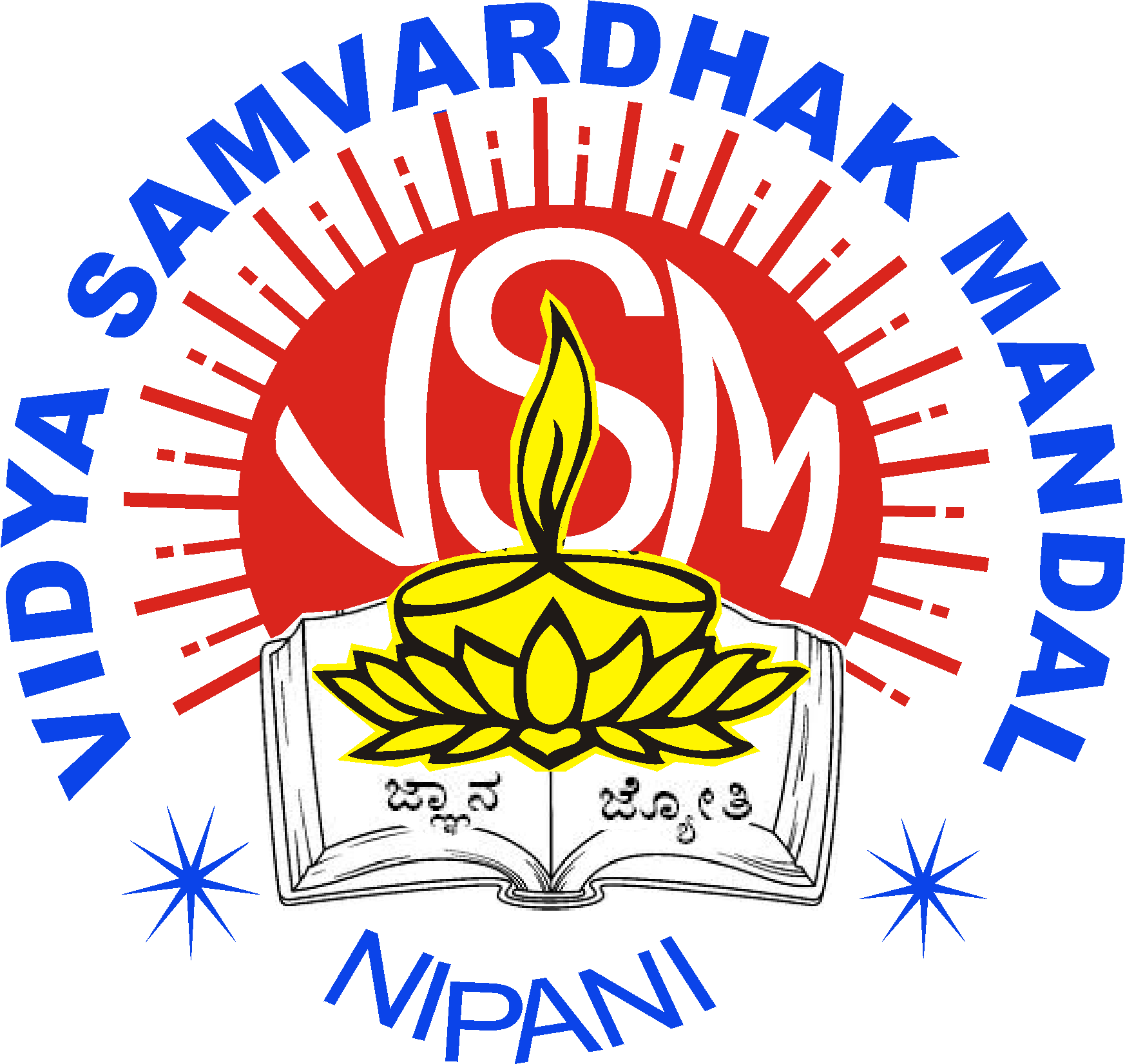Programme Educational Objectives (PEOs)
Civil Engineering Programme is committed to transform students into competent professionals, responsible citizens. On completing the diploma programme, the students should have acquired the following characteristics.
- PEO1: To apply technical knowledge in analyzing problems in the field of Civil Engineering, in the view of ensuring maximization of economic benefits to society and minimization of damage to ecology and environment.
- PEO2: To enhance entrepreneurial, communication and other soft skills, which will enable them to work globally as leaders, team members and contribute to nation building for the betterment of the societywithout overexploitation of natural resources.
- PEO3: To make them strongly committed to the highest levels of professional ethics and focus on ensuring quality, adherence to public policy and law, safety, reliability and environmental sustainability in all their professional activities.
- PEO4: To be life-long learners with spirit of enquiry and zeal to acquire new knowledge and skills so as to remain contemporary and possess required professional skills.
Program Outcomes (POs)
- Basic and Discipline specific knowledge: Apply knowledge of basic mathematics, science engineering fundamentals and engineering specialization to solve the engineering problems
- Problem analysis: Identify and analyze well-defined engineering problems using codified standard methods.
- Design / development of solutions: Design solutions for well-defined technical problems and assist with the design of systems components or processes to meet specified needs.
- Engineering Tools, Experimentation and Testing: Apply modern engineering tools and appropriate technique to conduct standard tests and measurements.
- Engineering practices for society, sustainability and environment: Apply appropriate technology in context of society, sustainability, environment and ethical practices.
- Project Management: Use engineering management principles individually, as a team member or a leader to manage projects and effectively communicate about well-defined engineering activities.
- Life-long learning: Ability to analyze individual needs and engage in updating in the context of technological changes.


 CONFLUENCE-2023 On Saturday, 25 Nov 2023 @10.30am
CONFLUENCE-2023 On Saturday, 25 Nov 2023 @10.30am